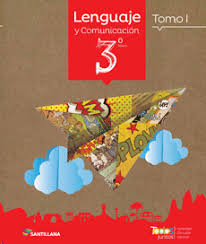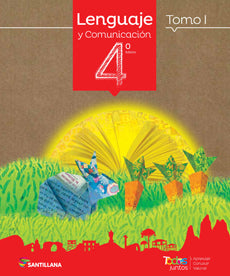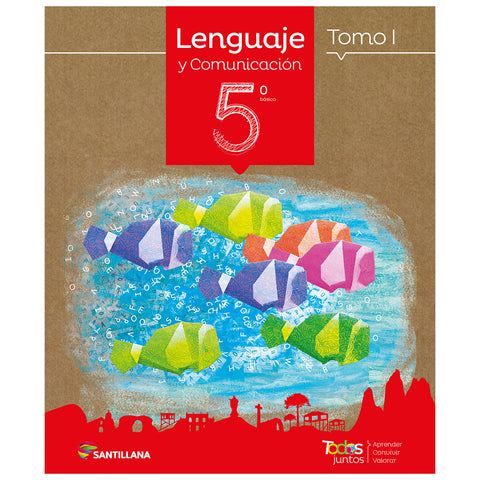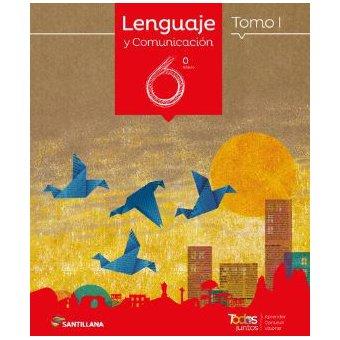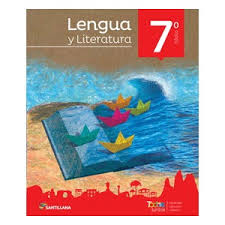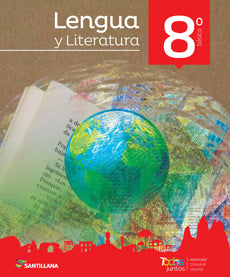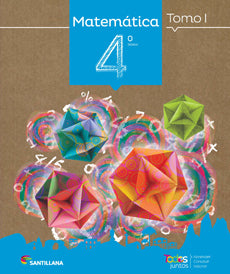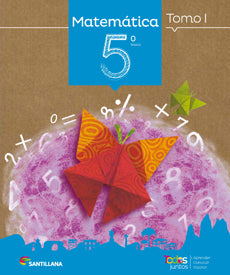
TAPA BLANDA, LIBRO USADO, RECUERDA QUE EL 10% DE ESTA VENTA COLABORA CON FUNDACIONES QUE FOMENTAN LA LECTURA EN ZONAS VULNERABLES. In his near-contemporary account of classical Greek tragedy, Aristotle examines the dramatic elements of plot, character, language and spectacle that combine to produce pity and fear in the audience, and asks why we derive pleasure from this apparently painful process. Taking examples from the plays of Aeschylus, Sophocles and Euripides, the Poetics introduces into literary criticism such central concepts as mimesis ('imitation'), hamartia ('error') and katharsis ('purification'). Aristotle explains how the most effective tragedy rely on complication and resolution, recognition and rehearsals, while centring on characters of heroic stature, idealized yet true to life. One of the most powerful, perceptive and influential works of criticism in Western literary history, the Poetics has informed serious thinking about drama ever since. Malcolm Heath's lucid translation makes the Poetics fully accessible to the modern reader.
Calificación del estado de los libros:
Translation missing: es.general.search.loading

